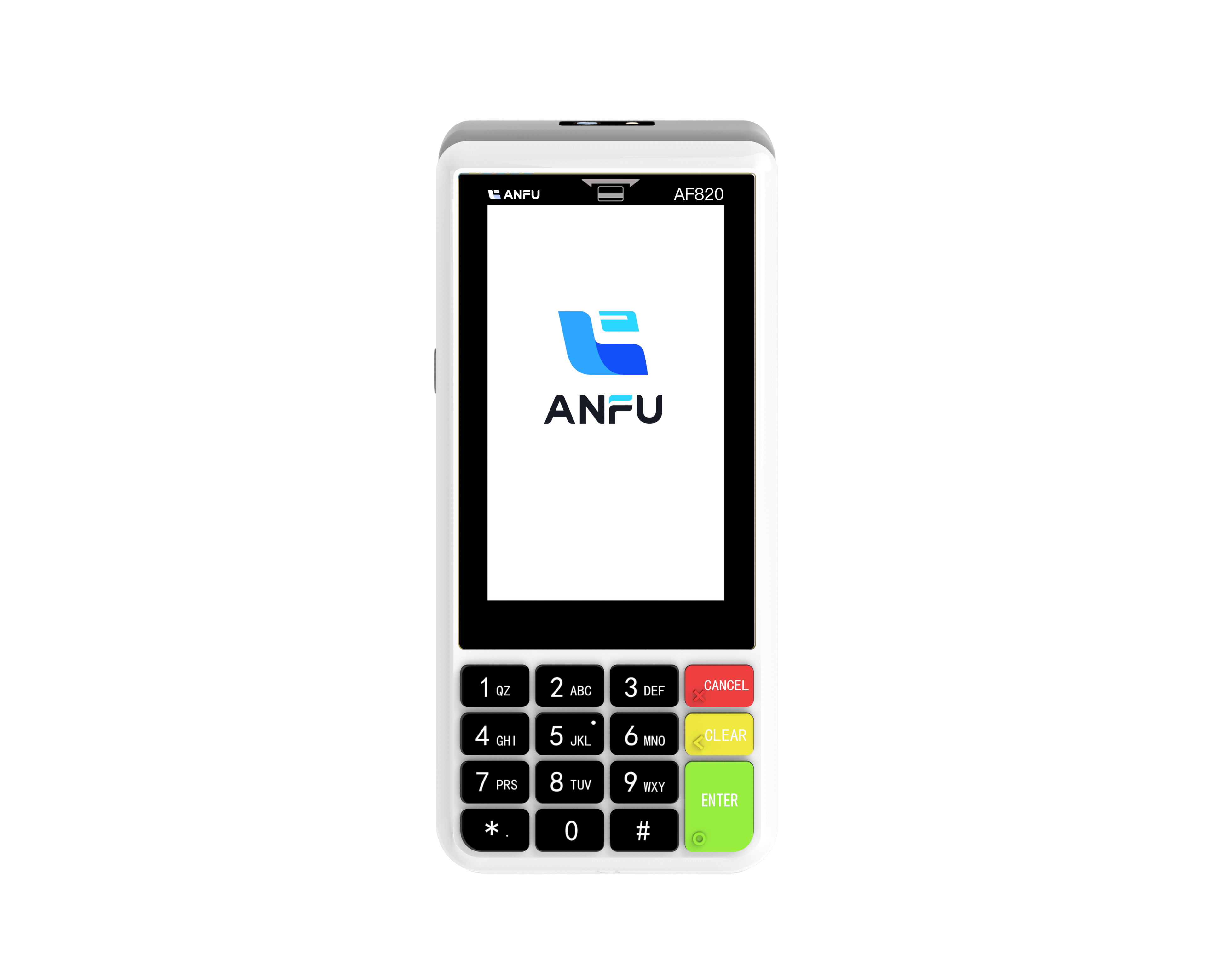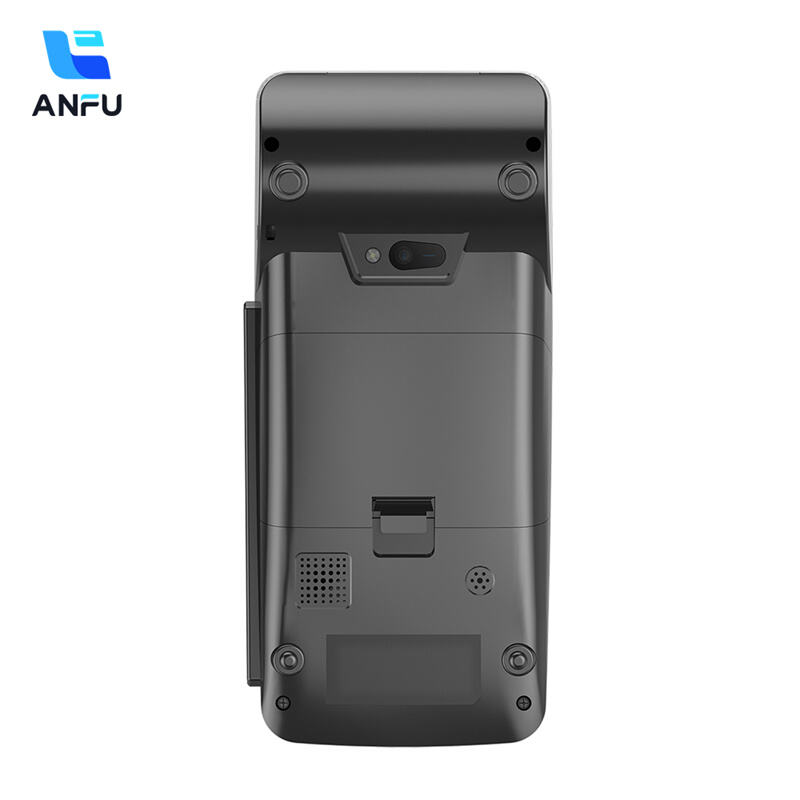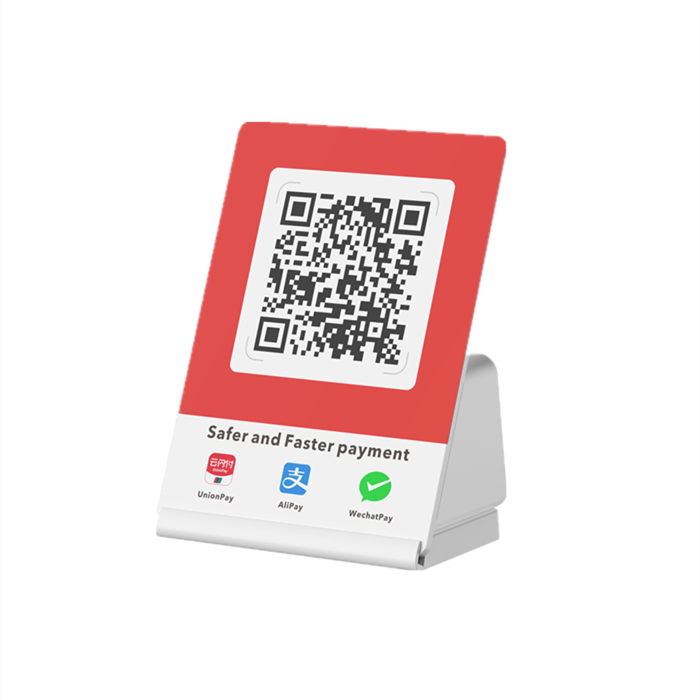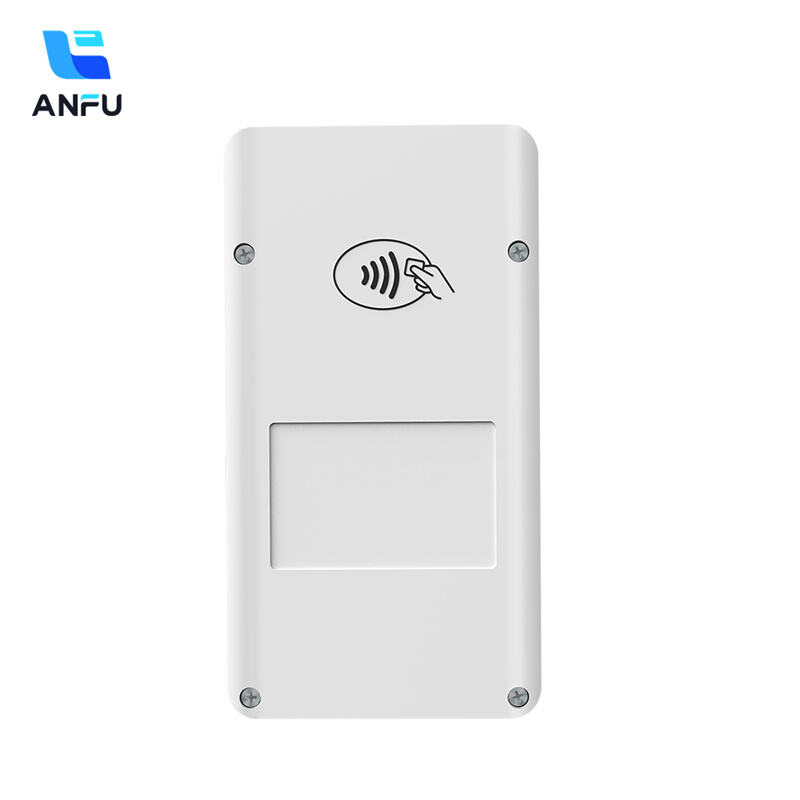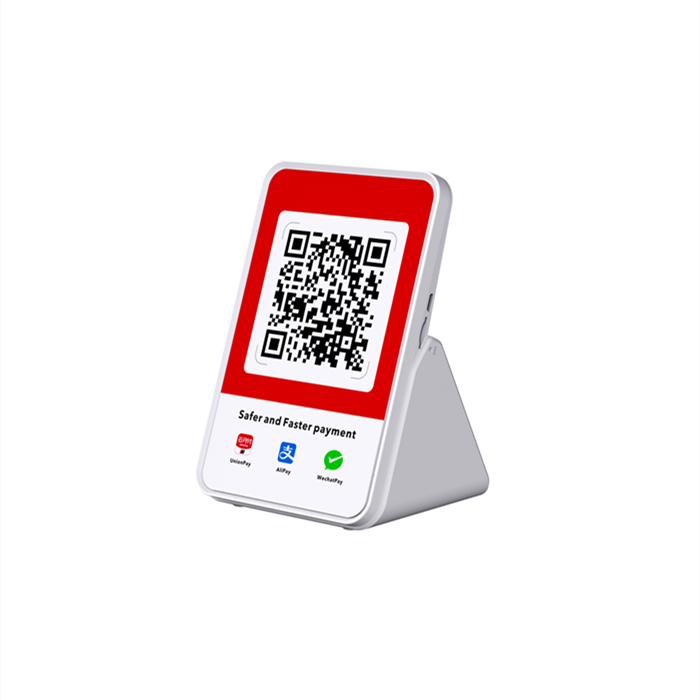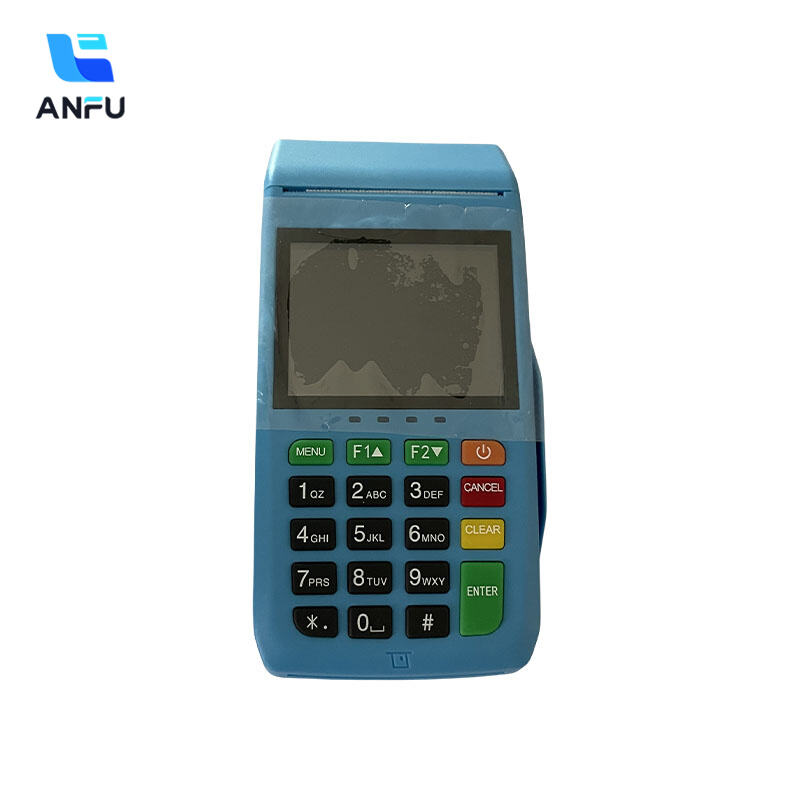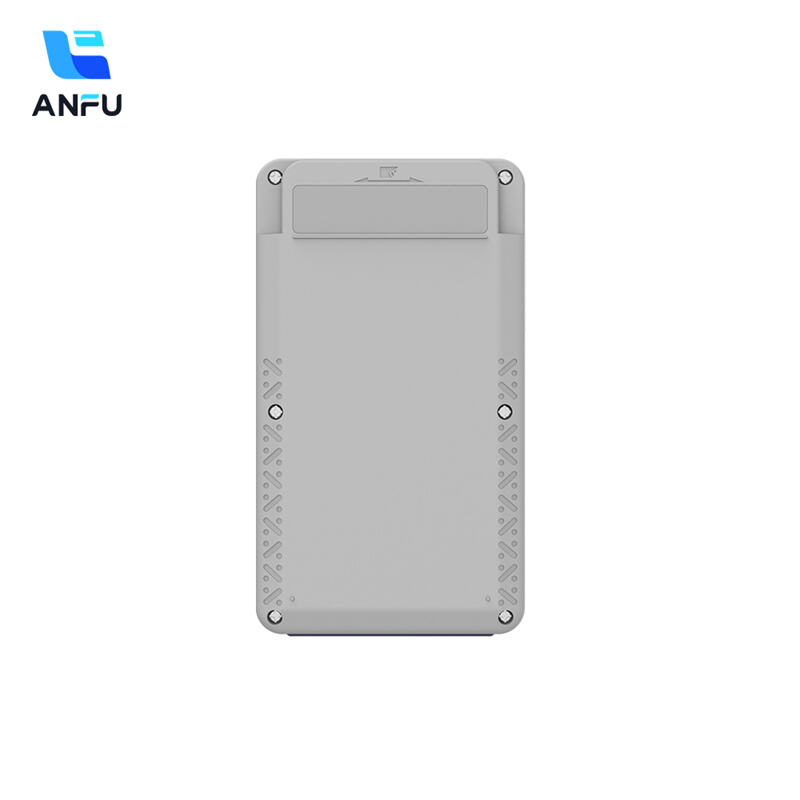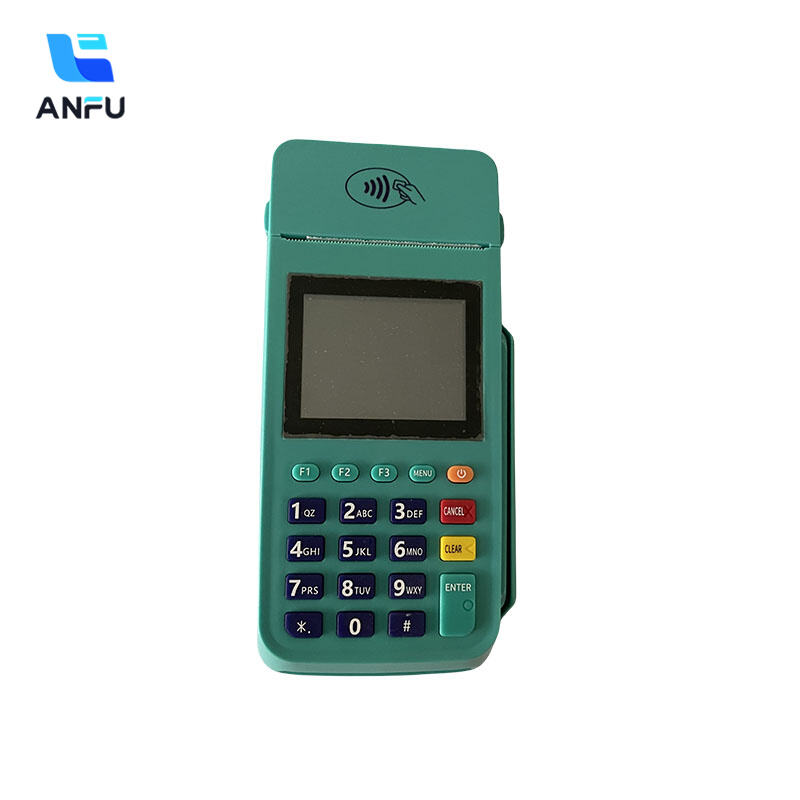안드로이드 POS 소프트웨어: 개발자를 위한 오픈소스 유연성
오픈소스 안드로이드 POS: 개발자 잠재력 해방
오픈 아키텍처를 통한 커스터마이제이션
오픈소스 플랫폼을 기반으로 한 안드로이드 POS 시스템은 개발자들이 다양한 비즈니스에 맞는 솔루션을 구축하는 방식을 바꾸고 있습니다. 개발자들이 실제 코드에 접근할 수 있게 되면, 각 기업의 운영 요구사항과 고객의 기대에 정확히 부합하는 애플리케이션을 제작할 수 있습니다. 모든 것을 수정할 수 있는 자유는 일반적으로 사용자와 운영 모두를 만족시키고 업무를 더욱 원활하게 만드는 독창적인 기능들을 탄생시키곤 합니다. 예를 들어 소규모 상점들은 상용 솔루션보다 자사의 특정 비즈니스 유형에 훨씬 잘 맞는 특수한 화면과 기능을 많이 추가하고 있습니다. 이러한 가능성을 실현하는 것이 바로 오픈소스의 특성입니다. 개발자들은 이러한 시스템을 계속해서 개선 및 조정하는 새로운 방법을 찾아내고 있으며, 이로 인해 구축된 시스템은 지속적으로 유용성을 유지하며 시장에서 경쟁자들이 내놓는 기능들을 따라잡을 수 있습니다.
커뮤니티 주도 개발의 장점
오픈소스 Android POS 시스템의 가장 큰 장점 중 하나는 커뮤니티 주도 개발 모델에 있습니다. 이러한 프로젝트에서 사람들이 협업하는 방식은 새로운 아이디어를 촉진하고 기존 접근 방식보다 문제를 더 빠르게 해결할 수 있게 합니다. 전 세계의 개발자들이 코드 조각을 공유하고, 버그를 수정하며, 개선 사항을 제안함으로써 시스템 전반의 성능을 점진적으로 향상시키고 있습니다. 예를 들어 최근 커뮤니티 구성원들이 비접촉 결제 기능을 추가하고 재고 추적 기능을 개선한 업데이트가 있었습니다. 이러한 실제적인 개선 덕분에 해당 플랫폼을 사용하는 기업들은 공식 출시가 몇 년씩 걸리는 경우와 달리 자동으로 최신 기술을 이용할 수 있습니다. 특히 소규모 소매업체들은 기능 구성이나 업데이트 빈도 면에서 폐쇄형 솔루션과 비교할 때 이 차이를 체감합니다.
현대 기술 스택과의 통합
오픈소스 플랫폼에서 제공하는 안드로이드 기반 POS 시스템은 오늘날의 기술 인프라에 연결되었을 때 매우 잘 작동하며, 이는 기업에게 훨씬 강력한 도구가 됩니다. IoT 장치 및 클라우드 서비스와 같은 기술과 연동되었을 때, 기업들은 단순히 기술 변화에 발맞추는 것을 넘어 앞서 나가고 있으며, 동시에 운영도 더욱 원활해지고 있습니다. 대부분의 기업은 강력한 API 연결 덕분에 기존 시스템 및 데이터베이스와의 연동이 가능해졌으며, 이는 일상 업무를 더 빠르게 수행할 수 있게 하고 관리자들이 필요할 때 실시간 데이터에 접근할 수 있게 해줍니다. 이러한 유형의 기술 업그레이드를 도입한 매장들은 운영 효율성이 약 30% 향상되었다고 보고한 바 있습니다. 결론적으로 이러한 안드로이드 POS 솔루션은 현재 기업들이 필요로 하는 요구사항을 충족시킬 뿐만 아니라, 끊임없이 변화하는 소매 기술 환경에서 기업이 앞으로 나아갈 수 있도록 탄탄한 기반을 마련해줍니다.
안드로이드 POS 소프트웨어의 주요 기능
다중 결제 프로토콜 지원
현대의 기업들은 다양한 결제 수단을 처리해야 하는데, 안드로이드 POS 시스템은 다양한 결제 유형을 지원하는 데 탁월한 성능을 발휘합니다. 이러한 시스템은 칩 카드, 기존의 자기 스트라이프 카드, 그리고 편리한 탭 방식의 결제 옵션도 처리할 수 있습니다. 대부분의 상점에서는 여러 결제 옵션을 제공함으로써 고객 만족도를 높일 수 있는데, 이는 소비자들이 결제 시 본인에게 가장 편리한 방법을 선호하기 때문입니다. 실제로 여러 결제 수단을 제공하는 매장은 고객 만족도가 더 높은 것으로 나타났습니다. 또한 보안 측면에서도 큰 이점이 있습니다. 다양한 결제 형식을 수용함으로써 각각의 결제 방법이 자체적인 보안 장치를 갖추고 있어 전반적으로 더 안전한 거래가 가능해집니다. 이는 고객 정보를 보호하고, 판매자와 고객 사이의 신뢰를 구축하는 데 중요한 역할을 합니다.
실시간 재고 관리 도구
안드로이드 POS 소프트웨어의 돋보이는 기능 중 하나는 실시간 재고 관리 능력입니다. 재고 정보가 모든 판매 지점에서 즉시 업데이트되기 때문에 직원들은 항상 실제 보유 재고 현황을 정확히 파악할 수 있습니다. 그로 인해 발생하는 이점은 바로 진열대는 가득 차 보이지만 시스템 상에서는 품절된 항목이 표시되는 경우가 줄어든다는 것입니다. 소매업체들은 또한 고객이 문의하기 전에 이미 품절 직전의 상품을 확인할 수 있어 공급망에 대한 보다 정확한 통제가 가능하다고 말합니다. 예를 들어 월마트(Walmart)는 지난해 전사적으로 이와 유사한 시스템을 도입한 결과 백오더(back order) 물량을 30%나 줄인 바 있습니다. 지금 우리가 목격하고 있는 것은 단순히 스프레드시트 상의 수치 개선이 아니라 매장이 일상적으로 운영되는 방식 자체의 실제적인 개선입니다.
제삼자 확장 프로그램을 위한 API 접근
안드로이드 POS 시스템에서 API 접근 기능을 사용할 수 있다는 것은 타사 앱과 함께 사용할 수 있는 기능을 확장하는 데 있어 큰 차이를 만듭니다. 기업이 개방형 API를 확보하게 되면 일상적인 운영에 가장 적합한 방식으로 POS 시스템을 조정할 수 있습니다. 예를 들어, 향상된 마케팅 도구를 추가하거나 회사 내 기존 회계 프로그램과 연결하는 것을 생각해볼 수 있습니다. 최근 들어 이러한 통합은 다양한 산업 전반에서 점점 더 흔해지고 있습니다. 예를 들어 고객의 선호도를 추적하려는 레스토랑이나 온라인 판매 채널을 매장 재고와 직접 연결하려는 소매업체를 들 수 있습니다. 이러한 유형의 통합은 이제 단순히 추가적인 기능이 아니라, 경쟁에서 앞서 나가고 매장의 모든 결제 프로세스가 원활하게 진행될 수 있도록 돕는 실제적인 혁신을 일으키고 있습니다.
신주 안푸의 안드로이드 POS 하드웨어 솔루션
AF930: 모바일 거래용 안전한 핸드헬드 POS
AF930는 모바일 포인트 오브 세일(PoS) 운영에 있어 탄탄한 선택지로, 이동 중에도 결제가 안전하게 이루어질 수 있도록 보장합니다. 이 제품을 차별화하는 것은 내장된 보안 기능으로, 다양한 조작 탐지 시스템과 장치를 무단으로 조작하려는 시도가 있을 경우 자동 자멸 프로토콜이 작동하는 기능을 포함합니다. 이러한 기능은 UnionPay가 제시하는 스마트 단말기 보안 인증 기준을 충족합니다. 상인들이 고객이 신용카드를 제시할 때 안심할 수 있도록 하기 위해서는 이러한 보호 기능이 매우 중요합니다. 비슷한 다른 장치들이 제공하는 기능들과 비교했을 때 AF930은 전반적으로 더 뛰어난 보안성을 제공하므로, 소상공인들이 일상적인 업무에서 민감한 금융 데이터를 취급할 때 걱정거리를 하나 줄일 수 있습니다.
그 효과를 한층 더 입증하기 위해 AF930과 같은 고급 휴대용 POS 장비를 사용하는 기업들은 종종 모바일 거래율이 증가하는 것으로 나타나고 있습니다. 이러한 증가는 장비의 매끄러운 사용성과 안전한 결제 처리 기능 덕분이며, 소매 및 기타 거래 빈도가 높은 환경에서 인기 있는 선택이 되고 있습니다.
AF820: 고급 연결성으로 구현된 다목적 결제 허브
AF820 Android POS 단말기는 뛰어난 연결 기능을 갖춘 유연한 결제 솔루션으로 주목받고 있습니다. 이 제품은 블루투스, Wi-Fi 및 4G, 3G, 그리고 구형 2G 네트워크까지 다양한 이동통신 규격을 지원합니다. 다양한 장소에서 영업하는 소규모 사업자에게 이는 어디에서든 매끄럽게 결제 처리를 이어갈 수 있다는 의미입니다. 이 기기의 진정한 차별점은 이러한 다양한 연결 기능을 어떻게 내부적으로 처리하느냐에 있습니다. ANFU OS를 기반으로 탑재된 안정적인 ARM Cortex-A53 프로세서를 통해 상인들은 자기회로 카드를 긁거나, 비접촉식 카드를 탭하거나, 칩이 있는 카드를 삽입하더라도 결제 프로세스에 불편함 없이 거래를 수행할 수 있습니다. 리테일 매장이나 음식 서비스 현장에서 바쁜 근무 시간 동안에도 이 시스템은 다양한 결제 방식 간 매끄럽게 전환되며 지속적으로 작동합니다.
AF820로 전환한 소매업체는 고객 서비스 측면에서 더 나은 결과를 경험하고 있습니다. 이 단말기가 돋보이는 이유는 무엇일까요? 다양한 시스템 간 연결이 가능하고 유연성이 뛰어난 덕분에 매장은 요즘 계속 출시되는 새로운 기술들에 발맞출 수 있습니다. 요즘 고객들은 무엇보다 빠른 서비스를 원하죠. 그렇다면 현대 상점에서는 연결 상태를 유지하는 것이 매우 중요합니다. AF820은 매장이 결제 과정에서 아무도 기다리지 않도록 원활한 거래를 할 수 있게 해줍니다. 솔직히 말해, 아무도 고객 서비스가 부실한 것을 좋아하지 않습니다. 특히 오늘날 경쟁이 치열한 시장에서는 구매 도중에 문제가 생기기라도 하면 소비자들은 그냥 발길을 돌리고 말죠.
안드로이드 POS 생태계에서의 보안과 확장성
은행급 암호화 표준
결제 정보 보안은 전 세계 가맹점들이 가장 우려하는 사항으로 남아 있습니다. 이제 안드로이드 기반의 판매 시점 시스템은 은행에서 사용하는 것과 유사한 암호화 표준을 갖추고 있어 거래 중 고객 정보 보호에 도움이 되고 있습니다. 이러한 보안 프로토콜은 결제 정보를 가로채거나 조작하는 것을 매우 어렵게 만들기 때문에 실제로 사기 행위를 줄이는 데 기여합니다. 예를 들어, 많은 레스토랑에서 하드웨어를 업그레이드하고 향상된 암호화 기능을 도입한 이후 청구 거절(Chargeback) 사례가 줄어든 것으로 나타났습니다. 업계 전문가들은 강력한 보안이 단지 규정 준수 차원을 넘어서, 소비자들이 자신의 금융 정보가 안전하게 보호되기를 기대하는 만큼 고객과의 신뢰 관계를 구축하는 데 필수적이라고 지적합니다. 확실한 보안 장치가 없다면 기업은 금전적 손실뿐 아니라 소중한 고객 신뢰도 잃게 될 수 있습니다.
원격 시스템 업데이트 및 유지보수
POS 시스템이 원활하게 작동하고, 그렇지 않아도 수명이 더 길어질 수 있도록 유지보수하는 데 있어, 원격 시스템 업데이트는 정말 큰 차이를 만듭니다. 이러한 업데이트를 통해 기업은 보안 취약점을 수정하거나 새로운 기능을 배포할 때 기술자를 직접 방문시킬 필요가 없어집니다. 실제로 많은 업체들이 원격으로 문제를 관리하면 다운타임이 훨씬 줄어든다고 보고하고 있습니다. 실제 적용 사례를 살펴보면, 일부 매장의 경우 업데이트가 출시되는 즉시 패치를 적용함으로써 시스템을 거의 지속적으로 온라인 상태로 유지하고 있습니다. 이렇게 정기적인 유지보수를 통해 바쁜 시간대에 예상치 못한 문제가 발생할 확률이 줄어들고, 결제 단말기가 작동하지 않아 고객이 불편을 겪는 상황도 줄어들게 됩니다.
미래 확장을 위한 모듈러 설계
모듈식 설계 접근 방식은 Android POS 시스템 확장 시 모든 차이를 만들어냅니다. 기업은 매장이 성장함에 따라 판매 시점 관리 시스템을 조정할 수 있으며, 모든 것을 처음부터 다시 구축할 필요 없이 새로운 모듈을 추가하거나 오래된 모듈을 제거할 수 있습니다. 향후 더 큰 성장을 계획하고 있는 매장의 경우 유연성이 매우 중요합니다. 실제로 모듈식 설계를 통해 성장을 성공적으로 관리한 레스토랑과 소매점 사례를 살펴보면, 이들은 정상적인 영업 활동과 병행하여 필요할 때마다 새로운 기술 기능과 옵션을 도입할 수 있었습니다. 이러한 유연한 시스템의 장점은 무엇일까요? 바로 기업이 경쟁 우위를 유지하고 시장 변화에 신속하게 대응할 수 있도록 해준다는 점입니다.
추천 제품
핫 뉴스
-
스마트 카드 2019
2024-01-23
-
트러스텍 2019
2024-01-12
-
퓨처컴 2019
2024-01-12
-
원활한 결제 아시아 2020
2024-01-12
-
2022년 중동의 원활성
2024-01-12

 EN
EN
 AR
AR
 BG
BG
 CS
CS
 DA
DA
 NL
NL
 FR
FR
 IT
IT
 JA
JA
 KO
KO
 PL
PL
 PT
PT
 RU
RU
 ES
ES
 TL
TL
 ID
ID
 LT
LT
 UK
UK
 VI
VI
 HU
HU
 MT
MT
 TH
TH
 TR
TR
 FA
FA
 AF
AF
 MS
MS
 MK
MK
 HY
HY
 AZ
AZ
 KA
KA
 BN
BN
 BS
BS
 LO
LO
 MN
MN
 NE
NE
 ZU
ZU
 MY
MY
 KK
KK
 UZ
UZ
 KY
KY

